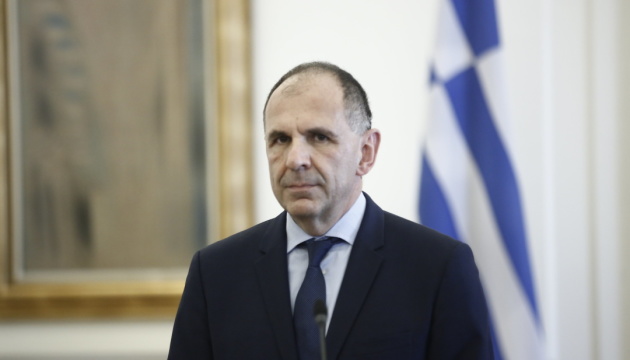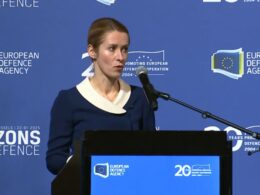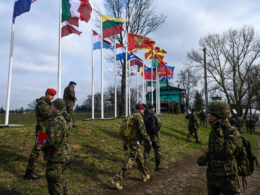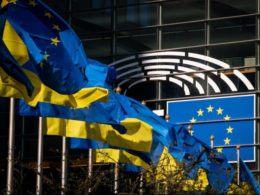Economic sanctions have not evolved into a "turning point for peace." Greek Foreign Minister Georgios Gerapetritis has called Western pressure on Moscow only partially successful, as Russia has found ways to circumvent its effects, the Associated Press reports.
In recent months, the issue of new sanctions has sparked debate between the EU and the US: while Washington initially supported tougher measures, it later backed away after US President Trump's call to Russian ruler Vladimir Putin.
No ceasefire, no unity—just rising terror
Despite Putin's rejection of a ceasefire and unwillingness to scale back aggression, the US decided not to impose any restrictions and threatened to withdraw from negotiations altogether.
Meanwhile, Moscow troops have increased their terror against civilians in Ukrainian territories.
Although Russia has become the most sanctioned country in the world, those sanctions have yet to fully curb its military aggression.
Against this backdrop, the EU passed its 17th sanctions package, though not with a united front. The package is focused on new restrictions on the shadow fleet, hybrid threats, and third-country companies aiding Russia’s defense industry in evading sanctions.
Experts admit these measures are important but won’t deliver a decisive blow to Russia’s economy, and the overall effectiveness of sanctions remains a subject of debate.
Post-shock syndrome
Gerapetritis added that Europe is experiencing a “crisis of political identity” amid Russia’s war on Ukraine. According to him, EU countries suffer from “certain divisions and conflicts.”
One major hurdle to swift decisions is a rule that gives a single nation veto power.
“It seems that on occasions, we forget what the essential elements are that brought us together as Europeans, and we do suffer from some divergences and conflict.
And now we’re suffering the post-shock syndrome after the war in Ukraine. So I think Europe needs again to find its resilience and identity," Gerapetritis says.
He adds that Greece stands by Ukraine because it supports the rule of law, its sovereignty, and territorial integrity.





